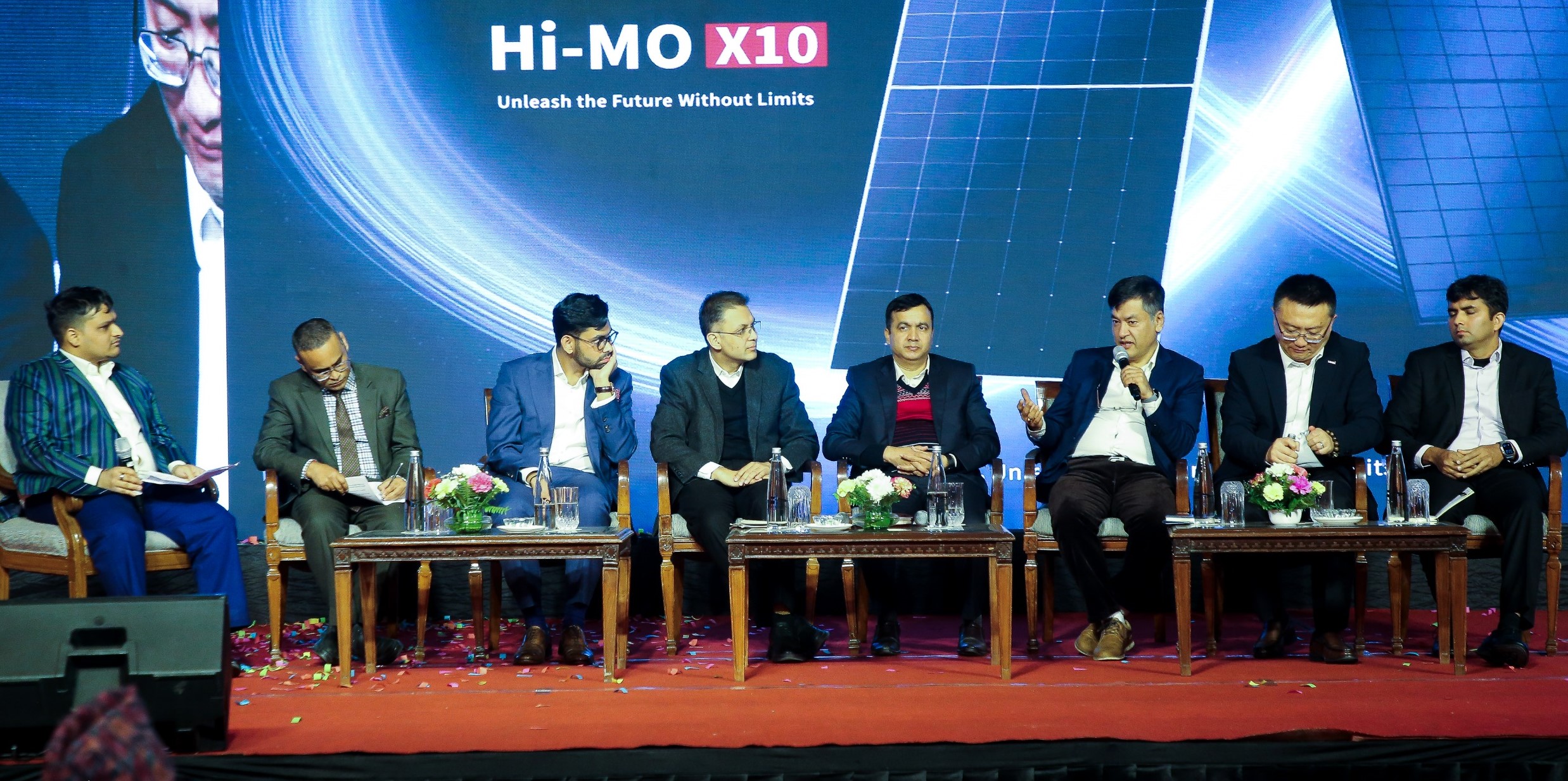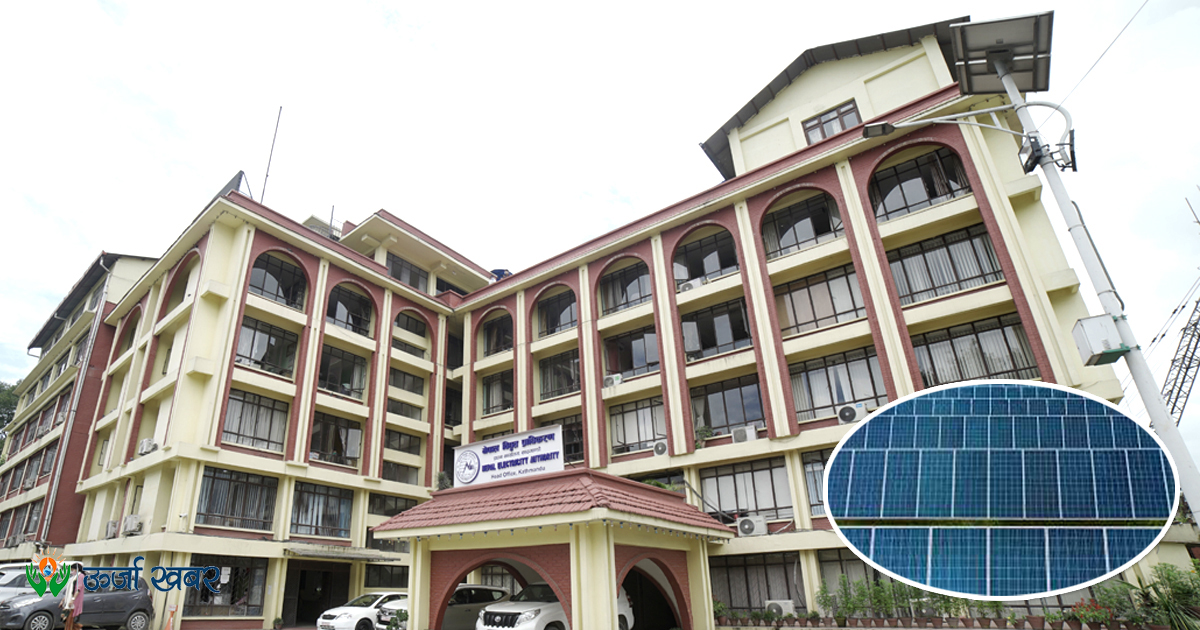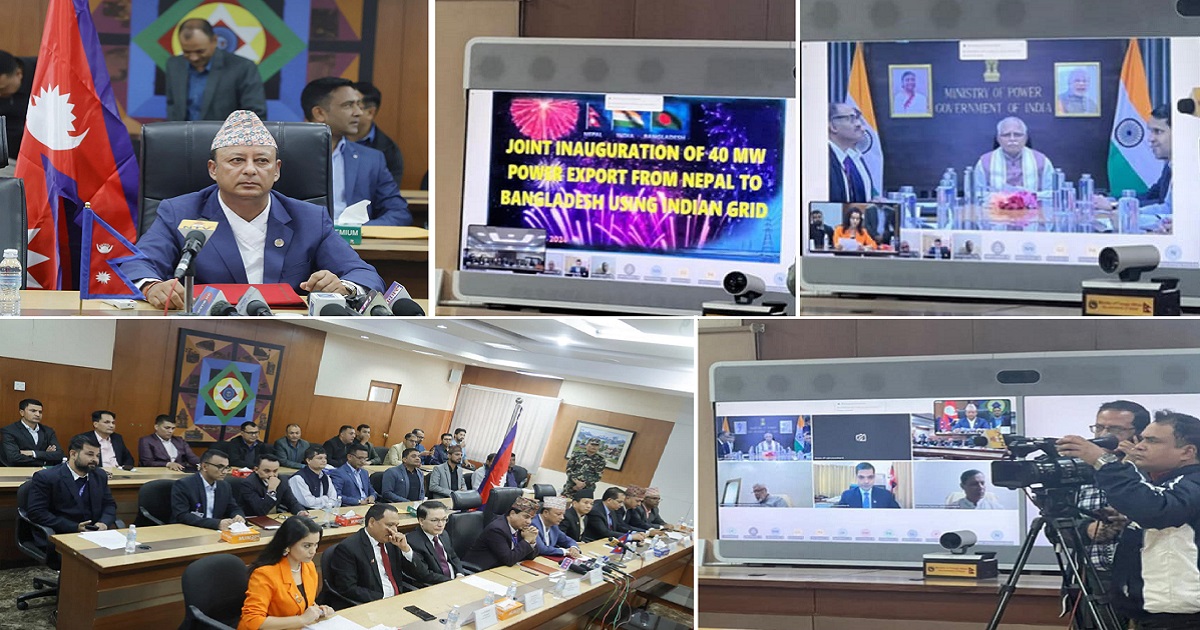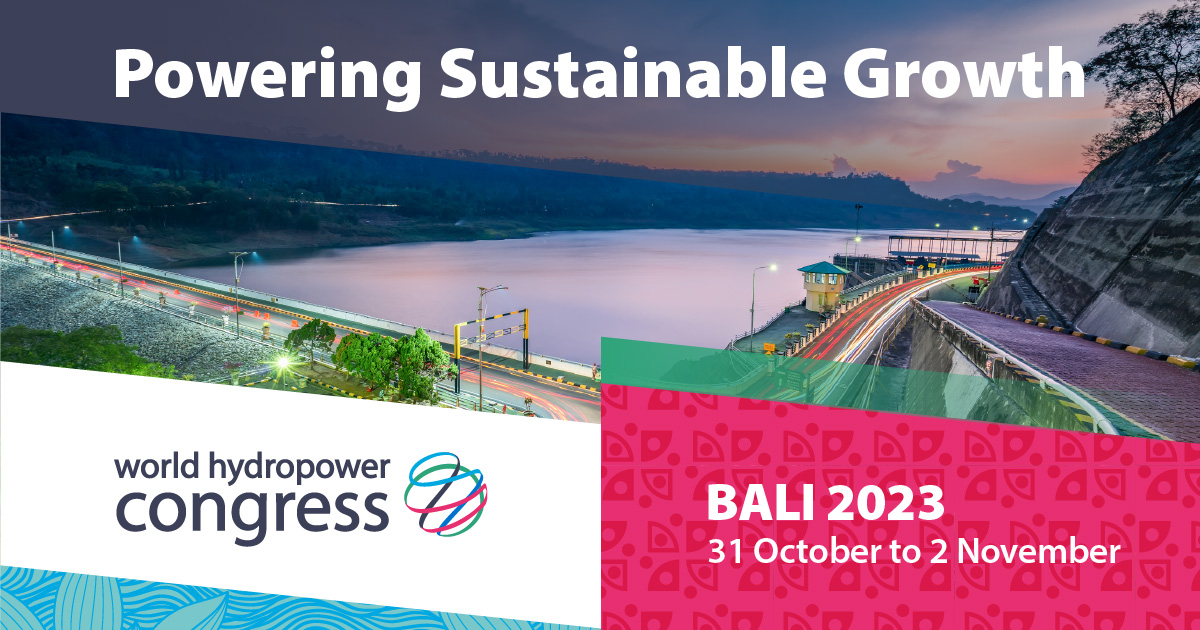Energy Update
Efficient energy use indispensable for socialism, while a mix of solar and hydroelectricity is a reliable source: Analysts
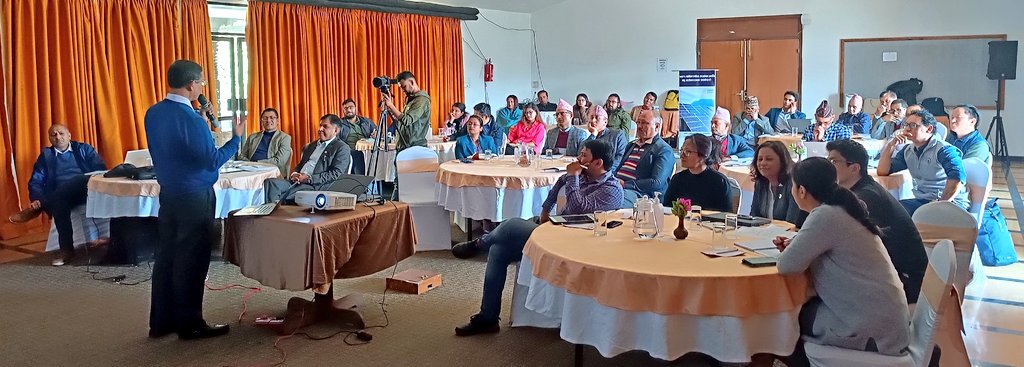
Kathmandu: Nepal has a good potential to develop mixed energy utilizing solar and hydroelectricity sources.
Experts expressed the view at the interaction entitled 'Roadmap of Renewable Energy for Nepal' jointly organized by Prakriti Resource Center and the World Wildlife Fund (WWF) in Nagarkot on Thursday. They further emphasized that renewable energy is the only option to meet Nepal's national and international commitments such as climate change, zero carbon emissions and mixed energy development, among others.

Since the past few years, the government has forwarded with a high priority on materializing the concept of mixed energy development inside the country. In this matter, the private sector, development partner agencies and non-governmental organizations have also been collaborating with the government.
In this context, experts from this segment said there is a strong basis for the development of solar and hydroelectric mixed energy in the case of Nepal.

Speaking at the program, the former vice-chairman of the National Planning Commission, Dr Govinda Raj Pokharel said since politics affects almost every section of the development, the leaders of political parties should remain more informed about this matter. “We have aimed to upgrade from a least developed country by 2026, it can be easily accomplished. Its main basis is renewable energy," he said. "Energy is a vital part of today's socialism. As energy is not an issue related to only one agency or ministry, it is necessary to cover the entire aspects when formulating necessary laws related to the sector.”
Former Executive Director of the Alternative Energy Promotion Center (AEPC) Dr Ram Prasad Dhital said as Nepal has made commitments at the international forums to go to zero carbon emission by 2045, it should gradually reduce the use of traditional sources of energy in every sector. According to him, the contribution of modern energy to the total energy consumption is only about seven percent. “To expand the share of modern energy, there is a need for huge capital investment.”
Dhital said while an estimated investment of around Rs 2 trillion every year is needed to reach the goal of sustainable development, only Rs 1 trillion is being injected on average. “In this regard, it calls for more foreign direct investments,” he said. “While giving priority to the development of renewable energy, it is necessary to focus mainly on transportation and e-cooking to expand the scope of consumption of renewable energy.”
Dr Madhusudhan Adhikari, another former executive director of the AEPC, said the contribution of renewable energy in the overall electrification of the country is comparatively negligible, however, it has played an important role in rural areas. "Now, we should not only rely on hydropower, but we have to increase production of solar power as the country has ample potential in it," he said. “As every now and then, efficient technology is being developed in solar energy, it is likely that it can contribute much to renewable energy in the future.”
Adhikari also stressed the need for the state’s priority on the installation of reservoir and pump-storage projects to develop hydroelectricity, while collaborating with the private sector. He put forth examples of now-developed countries that achieved economic development goals through the involvement of the private sector. “The government needs to connect the private sector in generation, transmission and distribution of every source of energy,” he added.
Raju Pandit Chhetri, executive director of Prakriti Resource Center (PRC), said that the issues such as climate change, zero carbon emission and carbon trading should be included sensitively while considering energy development. "These issues should be raised continuously to draw attention of political parties or leaders while they formulate policies related to energy," he said. "Renewable energy is ultimately an important source to achieve the goal of zero carbon emissions. It is also linked to poverty alleviation, production and trade.”
Pradeep Bhattarai, the program coordinator of the PRC, said it is necessary to continuously raise the issue of the development of renewable energy and the impact of climate change by the private sector and non-governmental organizations at the policy level. “As the government has been giving importance to the issues raised by the non-governmental sector for the transformation of energy and it is expected to be given continuity in the coming days,” he said.
The majority of the participants were of the view that the government, through its policy revision, should aim at reducing the share of conventional and contaminated energy means being used in every sector.
Conversation
- Info. Dept. Reg. No. : 254/073/74
- Telephone : +977-1-5321303
- Email : [email protected]










